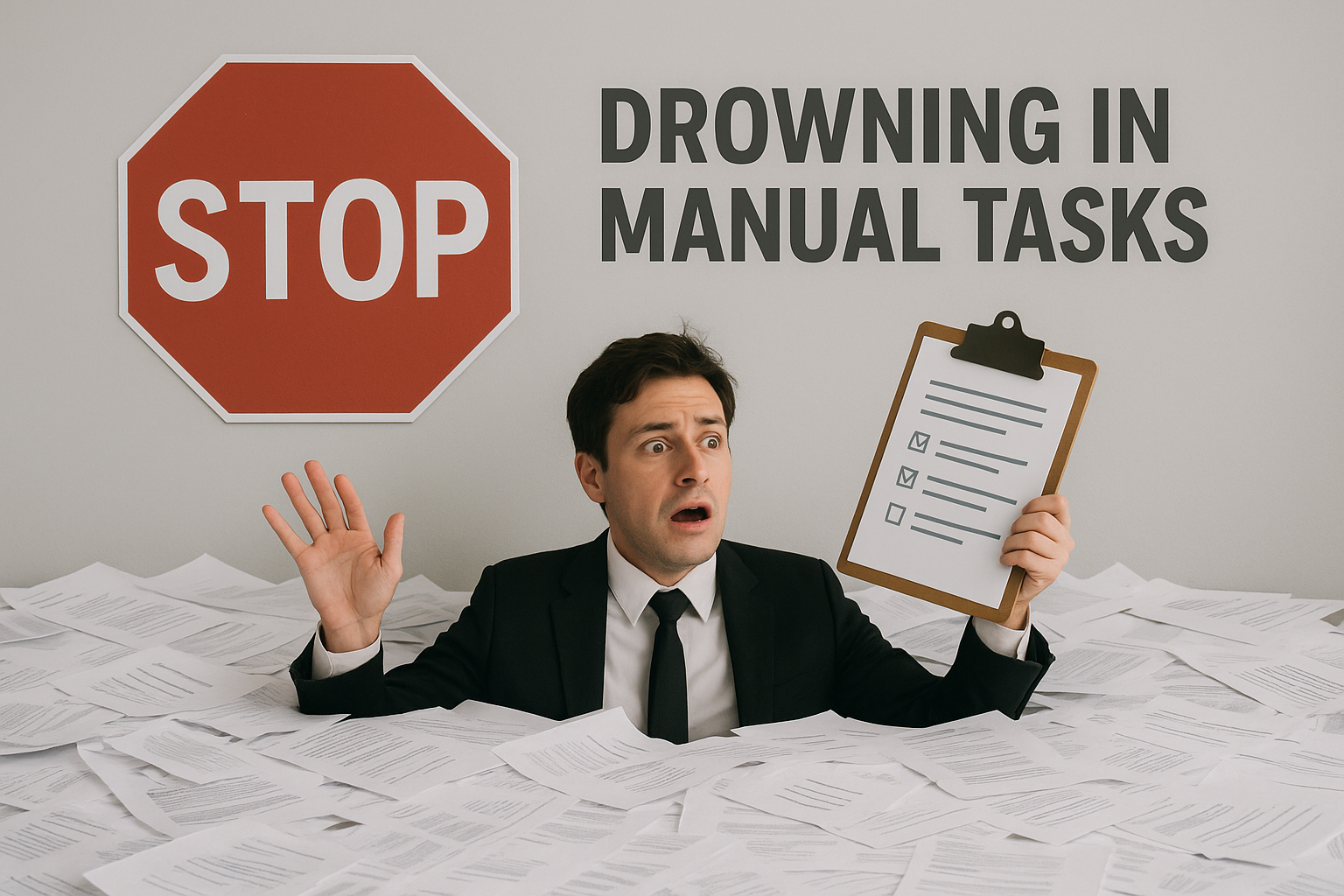End of Year Tax Planning Tips - Individuals

End of Year Tax Planning Tips – Individuals
With 30 June fast approaching these next few weeks will be your last opportunity to get your tax in order for 2022.
Superannuation Rules – Catch Up Contribution Rules
With effect from 1 July 2019 superannuation fund members with a balance of less than $500,000 (on 30 June of the previous financial year) can make catch-up concessional contributions into their superannuation account. To use the catch-up rules, you must not have used all of your $25,000 concessional contributions cap in the previous year.
Under these rules you can carry forward up to 5 years of unused concessional contributions caps in the previous financial year. The 5 year carry forward period started on 1 July 2018 meaning that you may have significant catch-up contributions available.
Whilst most people may have other priorities this strategy may be particularly helpful in years when you have a one-off significant increase in income (e.g. capital gain, bonus) the catch-up contributions will reduce personal tax otherwise payable.
Interest – Prepayments
Whilst this is simply a deferral technique prepayment of interest on funds used for investment and business purposes will generally be tax deductible in the year of payment provided the prepayment is for no longer than 12 months.
Investment Review – Capital Gains Tax
At this time of year, it is always important to review your investment portfolios and activities to see what capital gains and losses have occurred during the financial year. Re-organising your investment portfolio before June may result in you taking some capital losses to mitigate the impact of any capital gains tax.
Family Trust Distributions
Whether you run your business or have investments in a family discretionary trust it is essential that you ensure the trustee has documented how the income of the trust is to be distributed prior to 30 June. This will often involve an assessment as to the estimated income of the trust and the tax position of the individual beneficiaries of the trust to determine the most effective outcome for the family group.
We also highlight that the Tax Office has signalled it will be reviewing trust distributions this year particularly where distributions are not paid to the beneficiaries and there is a significant reduction in tax payable as a result of such distributions. Where distributions are not made before 30 June or are deemed to be invalid than the trustee is liable to be taxed on the trust’s income at the maximum tax rate 47%.
Company Loans
It is important to remember that a company is a separate legal entity to its owners (shareholders). Where shareholders or related parties take funds from their company these funds need to be taken as either as dividends, wages or documented under a loan agreement (which will require repayment over a defined period usually 7 years). Reviewing your company’s balance sheet to determine the quantum of any drawings made now means you can address and deal with these amounts prior to 30 June.
Dividends – Franking Credits
Where a company has previously paid tax then the company is able to pay a fully franked dividend to its shareholders. The benefit of paying a fully franked dividend is that the company tax paid can be offset against the tax the shareholder has to pay on that dividend or other income.
Work-Related Expenses
We remind everyone of the need to keep appropriate documentation for the expenses they intend to claim as tax deductions in their returns. For expenses that have a component of personal use (e.g. motor vehicles, mobile phones, computers) keeping a diary of business use is necessary.
Home Office Costs
With more people working from home costs incurred for setting up an office at home and additional running costs can be claimed. The simplest method is to use the fixed rate method which covers all expenses by simply claiming based on a rate of 80 cents per hour.
Alternatively, you can look at your actual expenses and claim based on those remembering to allow for any personal use on phone, internet, office equipment and cleaning expenses.
Donations
If you are making donations, please ensure that they are made to an entity that has deductible gift recipient status (you can check this by doing an ABN lookup of the charity). Note that many of the overseas charities and GoFundMe campaigns do not have deductible gift recipient status so make sure you check before donating.
Want more information?
See our detailed newsletter here, including checklists. Or, contact our office to arrange a time to discuss with us.
IMPORTANT: This communication is factual only and does not constitute financial advice. Please consult a licensed financial planner for advice tailored to your financial circumstances. Email us at Robert Goodman Accountants at reception@rgoodman.com.au. © Blog Copyright 2022 Coeus Advisors Pty Ltd. Newsletter © Copyright 2022 Knowledge Shop & NTAA & Business Fitness. All rights reserved. Brought to you by Robert Goodman Accountants.









